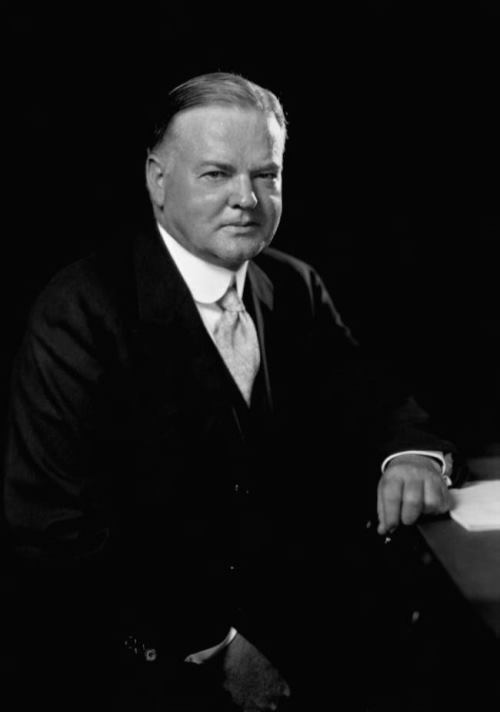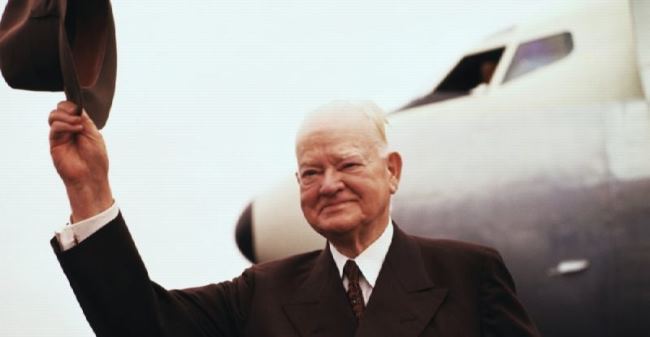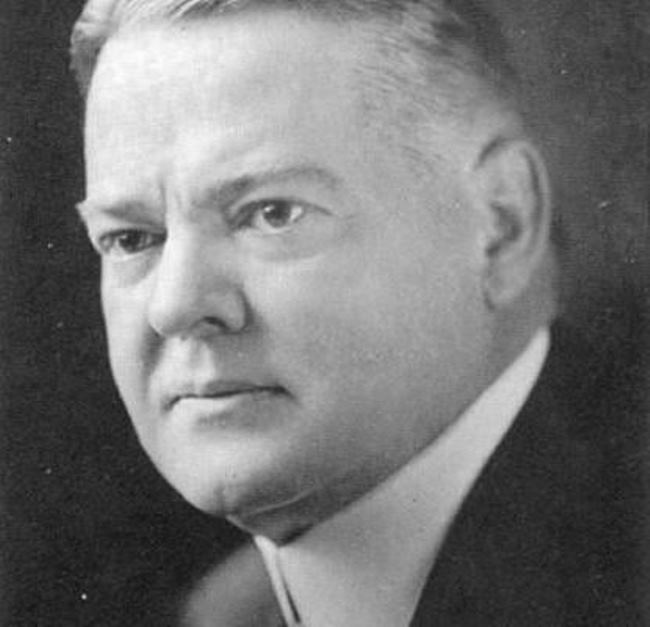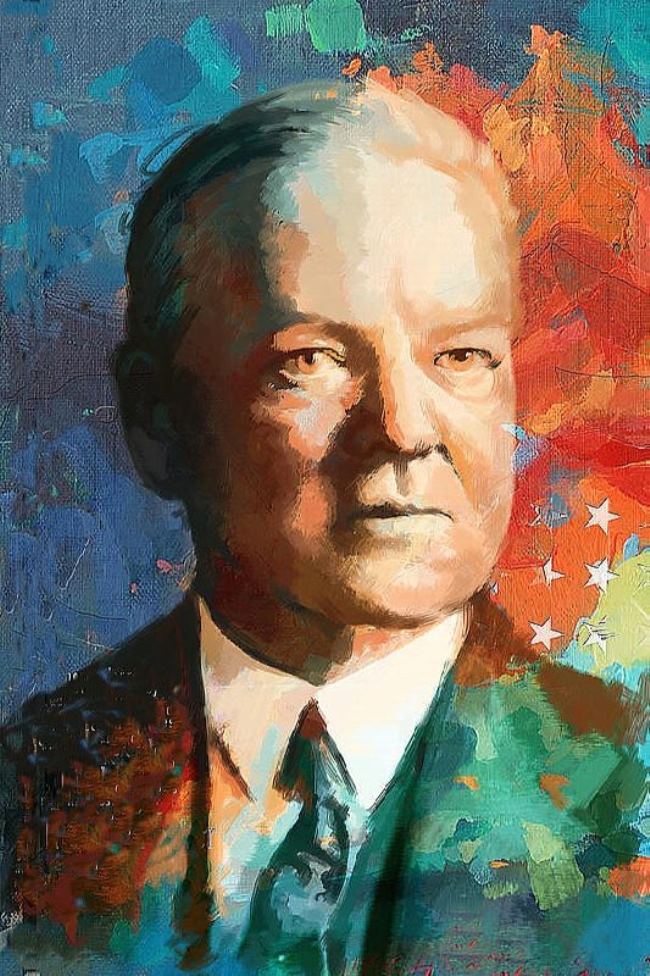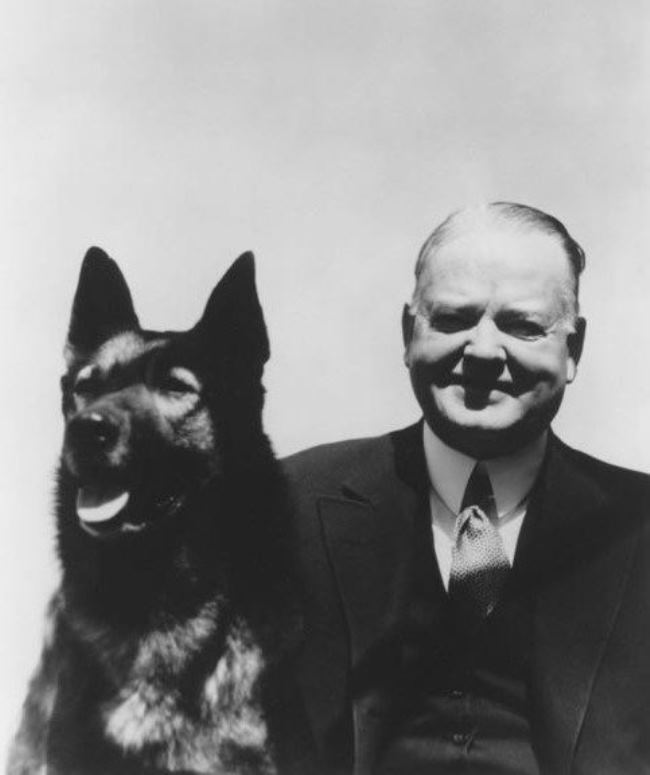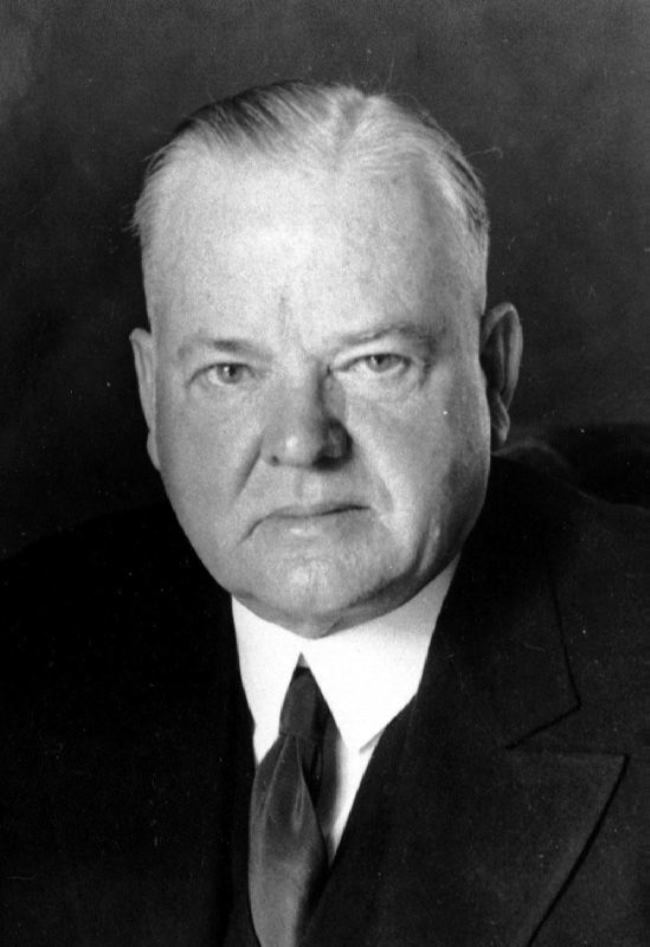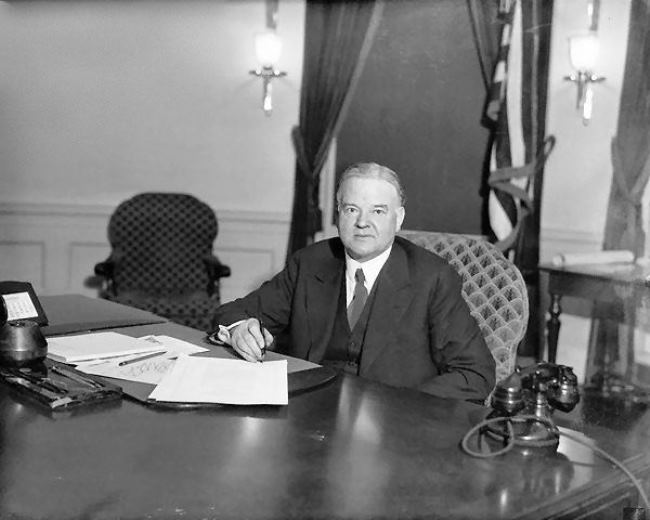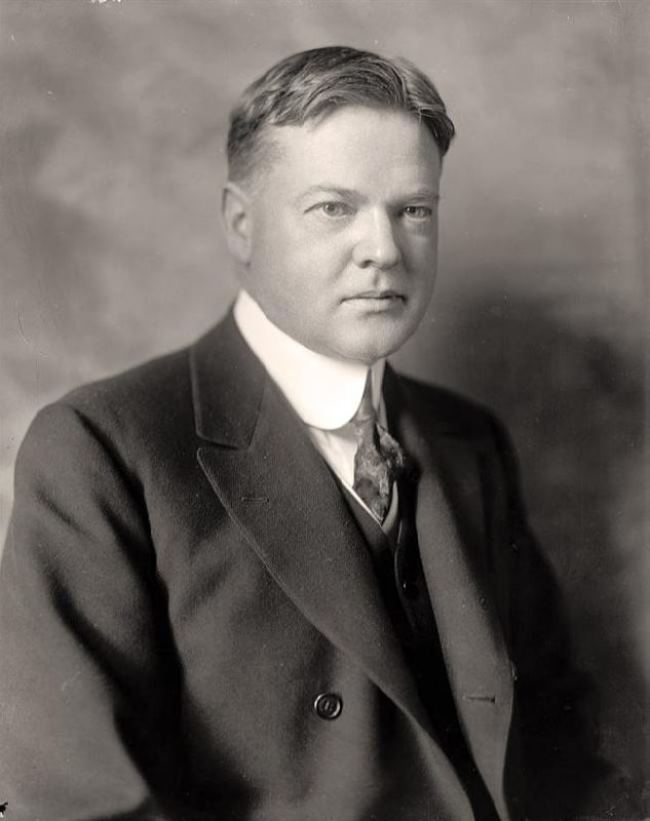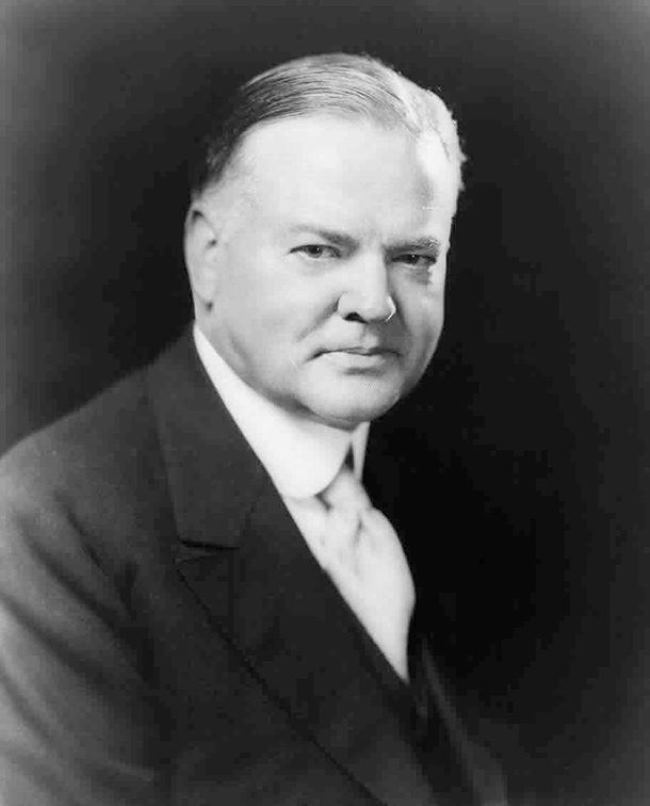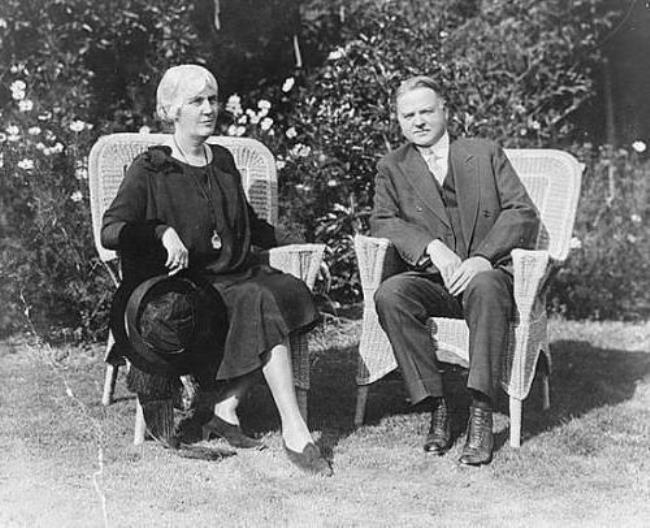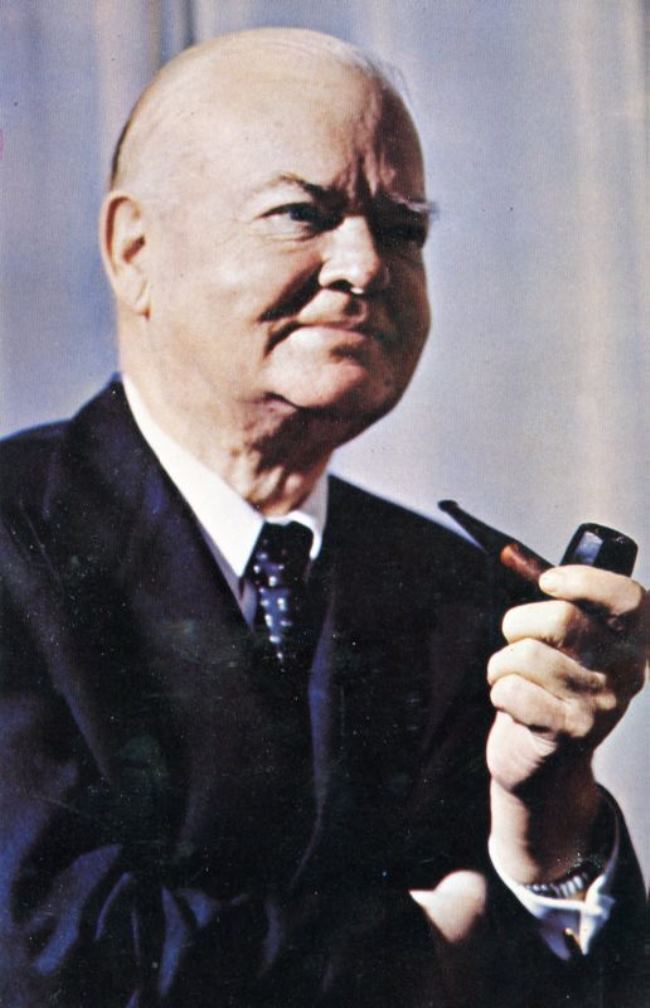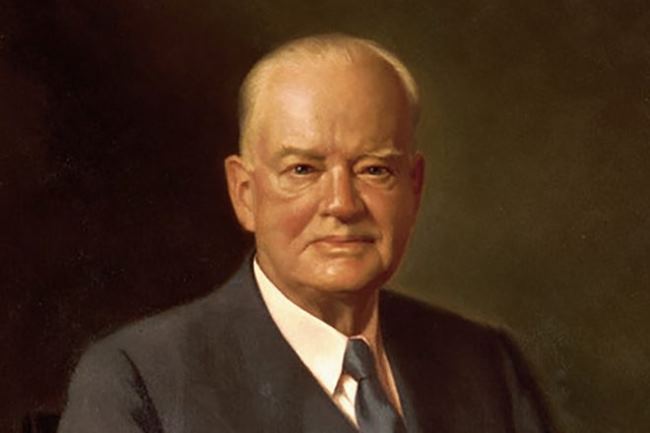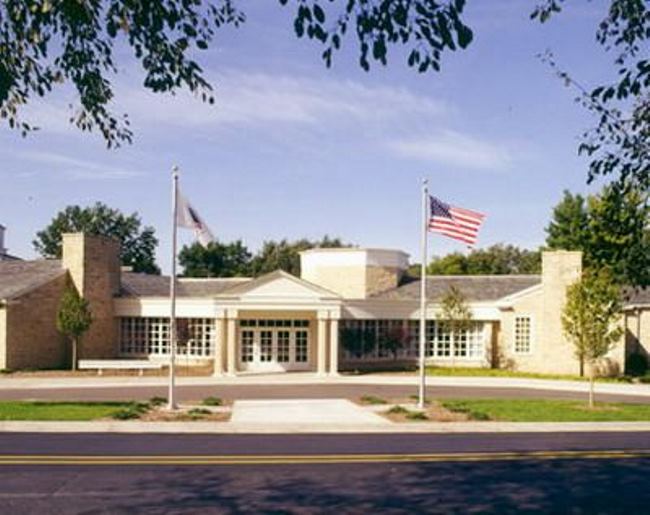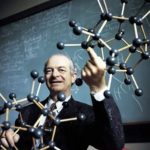Herbert Clark Hoover – thirty-first president of America
The future US President Herbert Clark Hoover was born on August 10, 1874 in West Branch. His parents were Quakers with German roots from provincial Iowa. The boy’s father sold agricultural machinery and worked as a blacksmith. He died when Herbert was only 6 years old. His mother died 4 years later. An orphaned boy moved to his uncle in Oregon. In 1891, young Hoover entered the newly opened Stanford University. He became a mining engineer, and nothing foreshadowed that this specialist would be engaged in politics.
In 1895, Herbert Hoover received a bachelor’s degree. His professional career was extremely exciting. First, a Stanford graduate got a job as a rock cleaner at the mining company Reward Gold Mine. Then British Bewick, Moreing and Company, specializing in gold, hired a 23-year-old Hoover and sent him to Australia. There Hoover gained invaluable experience not only as a geologist, but also as a manager.
Later the specialist received an unexpected offer from the Chinese government. The Chinese wanted to learn modern Western experience. The American was in China when the infamous Boxing Uprising began there. Peasants were against the domination of foreigners and they did not like the missionary activity of Christians. Once Tianjin, in which the Hoovers lived, came under fire. The rebel shells landed in a building across the street from the house of an American engineer. On that day, Herbert, risking his life, rushed into the ruined house and saved a Chinese girl.
Many years later, in 1928, he, as a US presidential candidate, forbade journalists to advertise this story during the election campaign. During the Boxing Uprising, the American also restored the destroyed railways.
On February 10, 1899 Henry married Lou in Monterrey. Newlyweds sailed to China the day after the wedding. The Hoovers had two children. Herbert was born in 1903, became an engineer and a diplomat. Like his father, he graduated from the Stanford University. He worked as an engineer in the field of aviation, geophysics, and in the 50s he was a secretary of state in charge of Middle East relations. The youngest son, Allan, also became a mining engineer and spent most of his career in California. Lou died in 1964.
In 1901, Herbert left China. He became a co-owner of Bewick, Moreing & Co. For some time, he returned to Australia. In 1908, Hoover began his career as an independent consultant. You know, he worked in San Francisco, London, New York, St. Petersburg, Paris, and even in Burma, where he once caught malaria. Thanks to successful investments Hoover became a rich man. By 1914 his personal fortune was about 4 million dollars.
Hoover’s life changed dramatically after the outbreak of the First World War. In the summer of 1914 he was in London. The American consul in Great Britain asked Hoover to help US citizens, who were in Europe in mortal danger, return to their homeland. There were about 120 thousand people. Then the future president created a commission to assist the occupied Belgium. The Germans even agreed to allow humanitarian supplies, which were delivered to the mainland by sea. At that time, the British fleet kept Germany in a naval blockade. The British also did not oppose the delivery of goods to civilians. The Hoover Commission quickly gained serious influence. The future 31st president of the United States crossed the front line several times and constantly risked his life. His peacemaking activity could not be ignored. In 1919, for numerous achievements in serving humanity and engineering, Hoover was awarded the Washington Prize.
By the end of the war, Hoover had become a famous and prominent figure. In 1918, he headed the American Relief Administration and organized assistance to destroyed Europe (most of the cargo was delivered to Poland and Czechoslovakia). And although the First World War was already over, a new bloody conflict broke out in Russia, where the Civil War began. In 1919, the Hoover organization began to help the white Northwest Army. The Americans delivered wheat and grain flour, beans, peas, condensed milk, lard. In 1921, Hoover became US Secretary of Commerce. He was appointed by President Warren Harding, who rightly appreciated the rich experience of a skilled organizer. It is noteworthy that Hoover played an important role in the formation of the American radio industry. At that time, broadcasting was regulated by the Ministry of Commerce and personally by Hoover.
In 1928, Hoover (as a member of the Republican Party of the United States) entered into the next presidential race. His main rival was Democrat Alfred Smith. Hoover was able to win thanks to his reputation. In addition, the Americans considered the amazing economic boom of the 1920s to be the merit of the Minister of Commerce. However, his presidency was marked by the beginning of the Great Depression. The stock market crisis caused the collapse of the entire economy. First, the president tried to give additional development to small private businesses. Secondly, Hoover persuaded entrepreneurs not to reduce their own production. A serious irritant in society was the conflict between trade unions and employers. The president tried to soften this confrontation.
In addition, Hoover proposed a program of mass public work, which was supposed to solve the problem of rising unemployment. In 1930, Congress approved the plan and allocated $ 750 million for its implementation. But, despite attempts the situation continued to deteriorate. In the summer of 1930, employers began to massively reduce their production. At the suggestion of Hoover, Congress created a fund, which financed the most important railways, as well as credit and banking organizations. At the same time, the president vetoed the law on direct financial assistance to the unemployed, believing that excessive cash infusions would deprive such people of initiative in finding a new job. By 1932, their number had reached an unprecedented 12 million people, and all American production during the crisis decreased by 50%.
It is curious when Hoover first came to power in early 1929, he was going to undertake economic reforms that were supposed to further weaken the influence of the state on the economy. This was a progressive course of libertarianism, or the so-called principle of non-intervention. Hoover relied on his own experience as an entrepreneur who worked in many countries of the world. In 1929-1933 he established the Federal Bureau of Prisons and reorganized the Bureau of Indian Affairs. Also he strongly advocated pension reform, as a result of which every American over 65 had to receive $ 50 a month. Because of the Great Depression, this initiative was never implemented.
In 1928, Herbert visited ten countries in Latin America. During the trip, he gave 25 speeches, and the visits led to a relaxation of relations with the countries of the continent. By the way, during his stay in Argentina, Hoover nearly became a victim of an assassination attempt by a local anarchist. Despite all the difficulties, the president managed to lay the foundations for a new “good neighbor” policy, which replaced the numerous “banana wars” (US actions against the countries of the Caribbean and Central America, when the Americans controlled Puerto Rico and Cuba). The “good neighbor” policy was continued under Roosevelt. In 1934 American troops left Haiti.
The catastrophic economic situation had undermined Hoover’s authority. The presidential election of 1932 was approaching, and his level of support was low. During the traditional election campaigns Hoover had to deal with a hostile, angry audience. Franklin Roosevelt was his rival and won the election. Contemporaries accused Hoover of failing to adopt an anti-crisis program that could calm the economic storm. At the same time, today’s historians have already noted that Hoover was a hostage to the situation. He was unlucky to become president on the eve of the crisis. Supporters of Hoover noted that during the peak of the Great Depression no measures of the president could help America.
Roosevelt extremely strengthened the role of the state in the economy, which contradicted the usual market model of the United States. Hoover for many years criticized the policies of his successor and returned to government service during the presidency of Truman and Eisenhower. He wrote many articles and books, including his memoirs. Hoover was the ex-president for a 31-year record period.
He died on October 20, 1964 in New York. The United States cherishes the memory of the 31st president, who, despite all the nuances of the Great Depression, managed to rehabilitate in the eyes of his fellow citizens. Many objects and places are named after him. The most famous is the Hoover Dam (Arizona).
